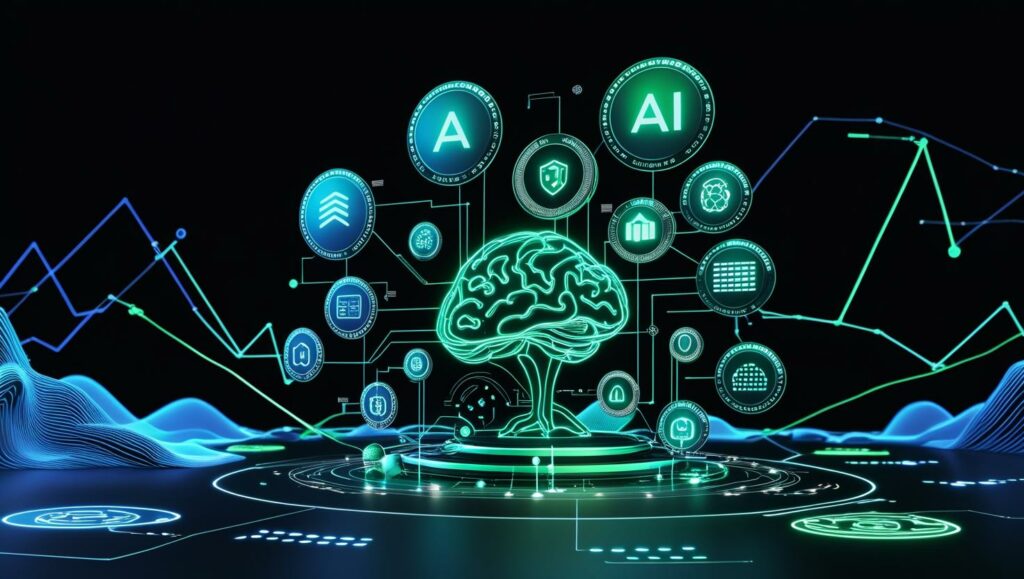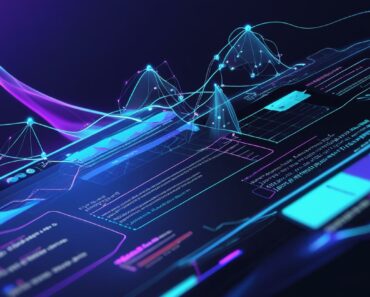Why Upskilling Matters Now
As technology reshapes industries, workers must continuously evolve to stay relevant. The world of 2025 will reward individuals who invest in growth, adaptability, and specialized knowledge. Upskilling is no longer optional—it’s a strategy for survival and advancement.
Artificial intelligence, automation, climate tech, and digital platforms are changing how we work, learn, and connect. Companies are already looking for professionals who can bridge human intuition with machine intelligence. This transformation demands a shift in mindset and the proactive pursuit of future-proof skills.
Top Areas to Upskill in 2025
In 2025, success depends on your ability to learn fast and apply that knowledge across systems. Employers are focusing on talents that combine technology fluency with human-centered thinking. The following areas stand out as critical to upskill:
- Artificial Intelligence: Understanding how large language models, machine learning, and automation tools function is essential in almost every sector.
- Data Literacy: You don’t have to be a data scientist, but you must know how to interpret data, use dashboards, and draw insights from digital patterns.
- Cybersecurity Awareness: With digital threats on the rise, every professional should understand basic digital hygiene, risk management, and encryption.
- Cloud Computing: As remote infrastructure powers businesses, familiarity with platforms like AWS, Azure, or Google Cloud is highly valuable.
- Digital Collaboration: Managing remote teams, using digital workflows, and leading hybrid environments are no longer niche abilities—they’re foundational.
- AI Prompt Engineering: With the rise of generative AI, knowing how to guide large language models effectively is a highly specialized, emerging skill.
These areas not only lead to higher salaries but also open doors across industries—from finance to healthcare, education to marketing.
The Role of Soft Skills
As we automate more technical work, uniquely human skills become even more valuable. The ability to collaborate, lead ethically, and think critically can’t be replicated by machines. That’s why many experts believe that soft skills will play a defining role in future workplaces.
- Emotional Intelligence: The ability to navigate interpersonal dynamics, build trust, and resolve conflict is vital in a hybrid world.
- Adaptability: With technologies and roles changing quickly, those who can unlearn and relearn thrive.
- Creative Thinking: Innovation is driven by new ways of seeing problems and imagining solutions.
- Ethical Judgment: As AI decisions become more complex, professionals must weigh consequences and advocate for fairness.
Soft skills often define long-term success more than hard technical abilities. In 2025, employers seek individuals who blend logic with empathy.
Which Skill Will Matter Most in 2030?
Looking ahead to 2030, a single skill stands out across industries, economies, and roles: Systems Thinking.
This means seeing the bigger picture. Understanding how digital, economic, social, and environmental systems interconnect. Systems thinkers excel at identifying patterns, predicting consequences, and solving root-level problems.
In a world shaped by climate change, AI governance, and economic decentralization, systems thinking will separate doers from decision-makers.
Other high-value skills in 2030 include:
- AI Collaboration: Knowing how to work with AI tools and agents to amplify human productivity.
- Green Tech Expertise: Sustainable energy, carbon capture, and circular economy knowledge will be crucial.
- Blockchain Fluency: Not just cryptocurrency, but the broader uses of decentralized identity, smart contracts, and trustless systems.
- Neurotechnology Familiarity: Understanding the ethics and applications of brain-computer interfaces and mental performance tech.
How to Choose the Right Skill
The best skill to learn depends on your current path, goals, and curiosity. Start by identifying where your existing strengths intersect with future demands. Do you enjoy working with data? Enhancing communication? Designing experiences? Your skill growth should align with both market trends and personal fulfillment.
Ask yourself:
- What technologies are transforming my industry?
- Which tasks in my role could soon be automated?
- How can I complement machines, not compete with them?
- What future problem do I want to solve?
When you focus on learning that’s tied to purpose, motivation stays strong and results follow naturally.
Learning Resources and Methods
In 2025, learning is decentralized. You don’t need a degree to learn quantum computing or AI ethics. The internet offers world-class education for free or at low cost. To upskill effectively:
- Use MOOCs from platforms like Coursera, edX, and FutureLearn
- Follow thought leaders on LinkedIn, Medium, or Substack
- Join online communities such as Discord groups, Slack channels, or Reddit
- Experiment with AI tools like ChatGPT, Claude, or open-source LLMs
- Build a public portfolio showcasing your skills and ideas
Consistency and curiosity matter more than credentials. A habit of learning will always outpace short-term certifications.
Industries Being Transformed
Every industry is being reshaped, and your skill investment should reflect where change is happening fastest. In 2025 and beyond, these sectors will undergo the most transformation:
- Healthcare: AI diagnostics, remote surgery, bioinformatics
- Education: Personalized learning, adaptive testing, edtech platforms
- Finance: DeFi, real-time analytics, risk automation
- Manufacturing: Robotics, 3D printing, smart supply chains
- Energy: Renewable grid tech, climate adaptation solutions
Upskilling for these sectors doesn’t just mean better job security—it means shaping the future itself.






